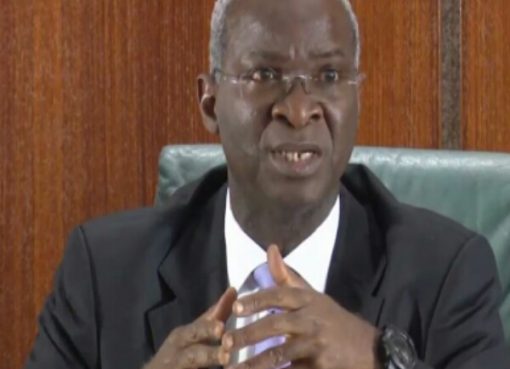In a renewed determination to reduce carbon emission by 50% come 2050, the Nigerian Government has launched a Deep Decarbonization Pathway Programme (DDPP). The effort is to meet the eventual goal of net-zero carbon emission levels.
DPP is a national research and capacity-building project for the implementation of a Deep Decarbonization Pathway Programme (DDPP) in Nigeria.
The project according to a report from the News Agency of Nigeria (NAN), is a collaboration project between the Federal Ministry of Environment, Nigeria, and the Agence Française de Dévelopment (AFD) with the International Relation and Sustainable Development Institute (IDDRI), as the Programme Coordinator.
Launching the project, Minister of Environment, Sharon Ikeazor stated that the decarbonization of the global economy has long been recognized as an imperative in the fight against climate change.
“The Nigeria Deep Decarbonization Project is, therefore, a very important component in our effort to navigate Nigeria and the global world over the harsh and unpleasant risks of climate change,” she said.
In the last few years. the Federal Government has made several climate change interventions intended to mitigate climate change and increase resilience to avert the excruciating consequences of climate change.
The Minister of Environment also revealed that the Federal Government recently submitted its revised and robust Nationally Determined Contributions that articulate climate actions until 2030 in response to Article 4.2 of the Paris Agreement.
According to the Minister, “The Federal Ministry of Environment also formulated Nigeria Decarbonisation Transition Plan, which enumerated pathways for Nigeria to achieve net-zero by 2050.
“The Nigerian government’s effort to transit to a low-emission economy was also echoed in all the discussions that the Federal Government of Nigeria was involved in at the COP26,” she said.
“The Nigerian government formulated and communicated its Long-Term Low GHG Emission Development Strategies, LT-LEDS and envisioned that by 2050, Nigeria will be a country of low-carbon, climate-resilient, high-growth circular economy that reduces its current level of emissions by 50%, moving towards having net-zero emissions across all sectors of its development in a gender-responsive manner,” the Minister explained.
The National Project leader for DDP Nigeria, Professor Chukwumerije Okereke said what prompted the project is a desire to build a capacity of Nigerian academics, to be able to design high-quality, rigorous, robust climate change models that can guide international climate policy.
“This project was prompted by the fact that year after year, Nigeria designs and publishes nationally important documents and plans around climate change. What about mitigation? What is about adaptation, and more recently, the nationally determined contribution that provides a guideline of how Nigeria can reduce its emissions in the long run while also growing sustainability? However, all of these plans have been designed and written by foreigners, foreign experts, international experts, and the reason is that Nigeria does not have enough capacity on what we call climate modeling.” he explained.
Professor Okereke said the team will be working very closely with the government to make inputs into the long-term strategies; the long-term climate change development strategy that the government will be producing next year, before COP 27 in Egypt.
Having Nigerian academics working in collaboration with other ministries, and guided by the Department for climate change under the Federal Ministry of Environment, we hope that we’ll be able to produce long-term strategies. These strategies will be relevant, specific contexts that will accommodate the uniqueness of our Nigeria and certain that they will help to ensure that whatever is produced will be implemented,” Okereke added.
Source: thejournal










